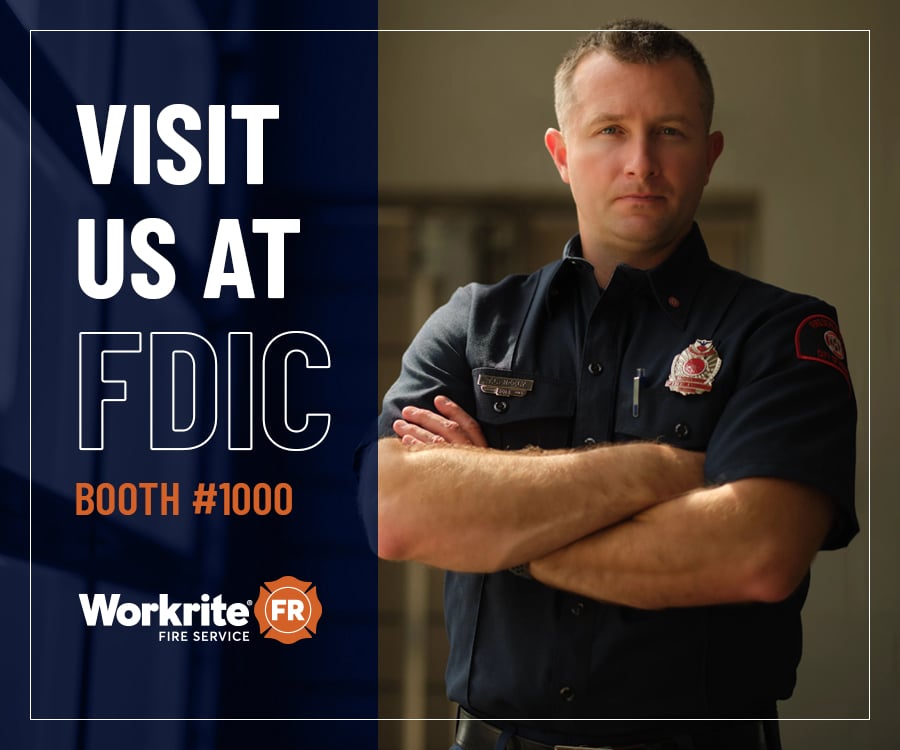Ambiguous Loss & the Firefighter

By: Dr. Kristen Wheldon, PsyD
His toothbrush is by the sink. Her sandals are by the door. They are part of our lives, but they aren’t here for days, weeks, or sometimes months, depending on their role as a firefighter (e.g., municipal, wildland, strike teams).
The feeling of wanting to include and consider them conflicts with balancing the reality they will have to be gone for the holiday party, the first swim lesson, and the soccer tryouts. As families learn to navigate the complexities of a firefighting profession, they are often faced with an ambiguous loss. There are times of uncertainty around the person’s presence and absence in the family system.
During wildfire season, spouses and family members must learn to adapt to a lifestyle that may not include the physical presence of their partner or parent. Although communication has become much more accessible with technology, the realities of loss become apparent as the firefighter must fulfill their obligations to their crew, department, and communities.
Similarly, if there is a significant incident where it is unclear if the firefighter is safe, there again, they can be confronted with ambiguous loss. Left unresolved, it can create ambivalent feelings toward the firefighter and a sense of detachment in the family system.
Another form of ambiguous loss can occur when a firefighter is physically present but psychologically disconnected. In situations where the firefighter is consumed with a traumatic exposure, they may be emotionally unavailable for the needs of their spouse or family.
Coping Skills
There are several things firefighters and their families can do to address ambiguous losses that may be manifest during a firefighting career. First, firefighter families should be aware of this unique psychological phenomenon. They should create opportunities to involve the firefighter in engagements within the household, even if they seem like trivial tasks. This could be accomplished by sharing calendars and allowing family members to contribute to a corresponding dialogue. Family members may need to seek peer, family, or community support to provide additional resources, which the firefighter may historically have supplied.
To prevent ambiguous losses related to the individual being present but psychologically absent, the firefighter needs to engage in self-care activities such as mindfulness, exercise, and therapy to learn to make meaning of the things they are occupationally exposed to so they don’t spend their time at home focused on things at work.
This requires the individual to learn to engage in healthy psychological detachment from the profession. This may require cognitive behavioral therapy, where the person can learn to understand the relationship between their thoughts, emotions, and behaviors based on their core beliefs about themselves and others.
If you find yourself or your loved ones struggling to manage ambiguous losses, reach out to a fire service psychologist or mental health clinician to dive deep into the nature of the loss and the best ways to support your partner or family. It’s a team effort that can’t be put upon the individual family member, spouse, or the family to resolve.
About the Author
Dr. Kristen Wheldon, PsyD, is a licensed clinical psychologist who has a passion for the behavioral health of firefighters and their families. She currently serves as the President and Founder of the Fire Service Psychology Association (FSPA), a nonprofit which was created to bridge the gap between professional psychology and the fire service through providing continuing education courses to mental health providers, behavioral health training to departments, and collaborating on research to better understand the specific needs of firefighters and their families.
Podcast
Contests & Promotions
















